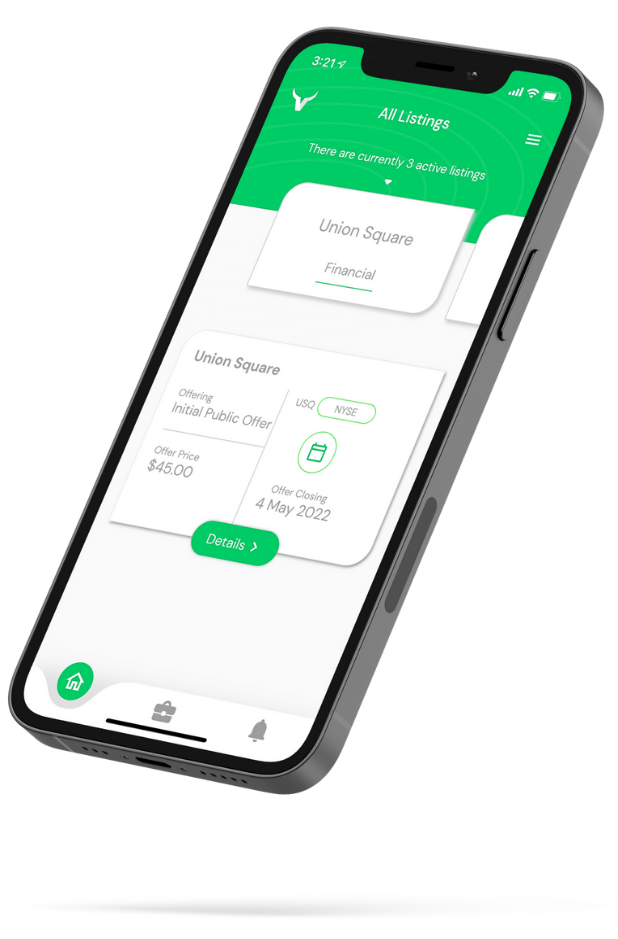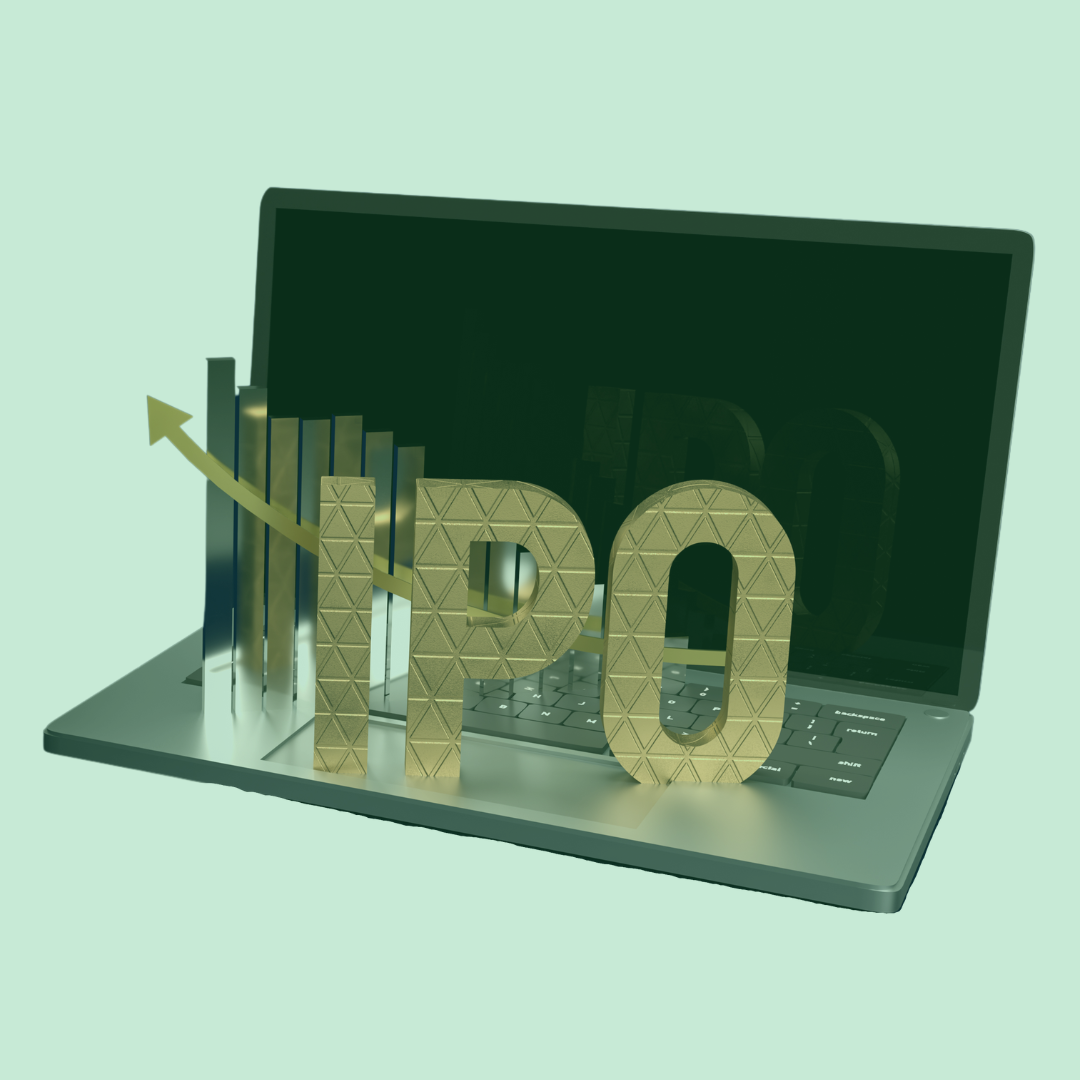IPOs - A Missed Opportunity
When Airbnb went public many retail investors were interested in its IPO, an initial public offering. In simple terms, an event in which companies raise funds for the first time from public investors. In US markets, IPOs happen almost daily and new companies are getting listed on exchanges all the time. But many IPO companies or their exchange listings are unknown to everyday investors. Airbnb, on the other hand, is a marquee name and there was tremendous hype and coverage in financial media of its then-upcoming IPO.
Investors were reaching their brokers or wealth advisors for access to the Airbnb IPO shares. But most of them were turned back as the brokers or wealth managers themselves didn’t have access to these IPO shares. These investors were advised to wait till a day after IPO to purchase Airbnb shares from exchanges. And they did. Unfortunately, the share price had more than doubled by the time these investors could purchase AirBnB shares, from a $65 IPO price to $145 or above.
$65 vs $145. Ouchhh. Did it hurt?
This is not an Airbnb story. This has been repeated many times with companies like Beyond Meat, DoorDash, Snowflake, Zoom Info Tech etc. These are all powerful brand names that everyday investors have had an interest in. But the lack of IPO shares access in the US continues to this day.
75% "Average day-1 return across all IPOs in 2020"
.png)
Above returns are what Investment Banks and their institutional clients made on IPOs before everyday investors got a sniff. Or the discount these institutions received over everyday investors.
We at PrimaryBulls are addressing this returns gap and a missed opportunity for retail investors, their wealth managers, and everyone.
IPOs - Understanding what happens

Pre-Issuance: In an IPO, fundraising companies collaborate with investment banks for their IPOs. Investment Banks advise/work with these companies on regulatory registration, legal, documentation, IPO pricing, marketing, etc. These banks may also underwrite the IPO (shares) with a firm commitment or best effort basis.
Primary Market: These shares are then offered to Investment Banks' institutional clients. The banks have a vested interest in marketing and selling these IPO shares to their institutional clients over other investors. At this stage, the shares are still not listed on public exchanges like NASDAQ or NYSE. Instead, these are being traded in what is called Primary Markets. A small portion of IPOs (averaging less than 2% in the US) is sometimes set aside for retail investor allocation as well. But these shares hardly ever reach everyday investors. This retail allocation of shares is scooped up by brokerage houses and offered to their High Networth clients.
Public Markets: The shares then get listed on exchanges (secondary public markets) upon IPO (or the following day of IPO). Retail investors or wealth managers who wish to buy these shares only now have a chance. Ultimately they end up buying these shares from the Investment Banks or their institutional clients at a significant premium to the IPO price.
So the investment banks, institutional investors and high net worth clients all get to buy the shares at the IPO price. All other investors buy from them at a premium in most cases. In the Airbnb example, institutional investors bought shares at $65 while all of us could only buy them the next day at $145 or above at which these shares opened on NASDAQ.
$65 /share vs $145 /share. Just imagine!
Risks – why the exclusion from IPOs
Not all IPOs will offer such returns or perform as well as the above-mentioned examples of Airbnb, Snowflake, DoorDash, etc. But we believe that investors should have a choice. Investors must at least have visibility into upcoming IPOs, perform their due diligence and have an option to invest in these IPOs.
European and some Asian markets generally have a higher allocation of retail participation in IPOs. Until the Jobs Act in the US, the private markets and primary markets like IPOs were only open to Institutional or Accredited investors. Since then, US investors are allowed to invest in private startups as angels or crowdfunding companies or even VC funds. Similarly, we can invest in riskier asset classes such as Art, Crypto, NFTs, EQ options, etc. where the financials and disclosures are sketchy or lax at best. IPOs, on the other hand, have extremely stringent financial, audit, and disclosure requirements as part of the registration and post-IPO compliance requirements. All this information is publicly available on the SEC and/or company website.
It is not a matter of risks or investor knowledge that is preventing IPO access for everyday investors.
Primary Bulls - IPO as a Service
Primary Bulls provides you with details of upcoming IPOs and Direct Listings. It facilitates disclosure of company, financial and listing details. To fundraising companies, It enables outreach and marketing to thousands of investors like you. Companies can conduct virtual roadshows, and share marketing material and presentations directly through the platform.
To investors, we offer a digitized and easy workflow for participating in upcoming IPOs or Direct Listings. It allows investors to choose where they would like their IPO shares deposited. Primary Bulls’ platform, digitized workflow and APIs abstract operational complexity behind order management to share deposits into your account of choice.

Investment Steps (IPOs & Direct Listings):
Browse current IPOs and Direct Listings
Review terms, subscribe and place a bid
Primary Bulls confirms share allocation
Primary Bulls deposits shares into your portfolio or your designated brokerage account.
Sign up today for web access or download our iOS/Android app.!

